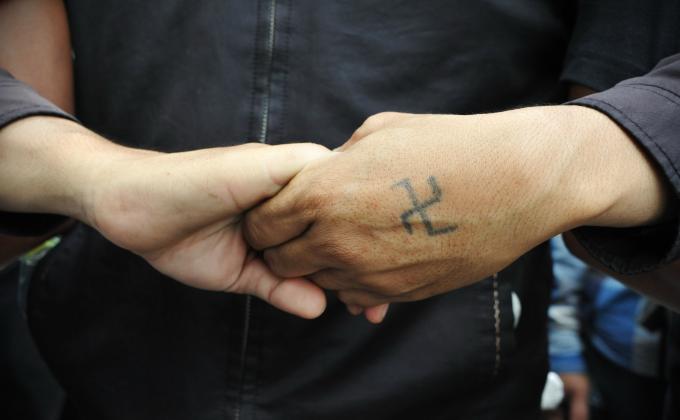On December 9 2019, The United Nations Security Council Counter-Terrorism Committee Executive Directorate (CTED) launched a new publication called Guidelines to facilitate the use and admissibility as evidence in national criminal courts of information collected, handled, preserved and shared by the military to prosecute terrorist offences (“Military Evidence”).
The guidelines were developed by UNCTED together with ICCT's Dr. Bibi van Ginkel, Tanya Mehra LL.M, and Dr. Christophe Paulussen.
Security Council resolution 2396 (2017) calls upon Member States to share best practices and technical expertise, informally and formally, with a view to improving the collection, handling, preservation and sharing of relevant information and evidence obtained, in accordance with domestic law and the obligations Member States have undertaken under international law, including information obtained in conflict zones, in order to ensure that foreign terrorist fighters (FTFs) who have committed crimes, including those returning and relocating to and from the conflict zone, may be investigated and, where appropriate, prosecuted.
The present Military Evidence Guidelines were developed by CTED, with the financial support of the Government of Switzerland and the United Nations Counter-Terrorism Centre (UNCCT) of the United Nations Office of Counter-Terrorism (UNOCT) and in close consultation with UNODC; the Working Group on Criminal Justice, Legal Responses and Countering the Financing of Terrorism of the United Nations Global Counter-Terrorism Coordination Compact Task Force; and the International Centre for Counter-Terrorism – The Hague (ICCT), as Senior Consultant.
Although the FTF phenomenon was the impetus for this document, its applicability goes well beyond Iraq, the Syrian Arab Republic, and FTFs. They are based on several sources, including international law and practices of some Member States. The draft text of the Military Evidence Guidelines has been reviewed by the members of the Working Group and by other relevant stakeholders and experts.
The Military Evidence Guidelines are merely intended to serve as a basis for discussion and to illustrate the issues that will need to be comprehensively addressed at the national level by those national authorities responsible for determining and enforcing the criteria for the admissibility of evidence in national criminal proceedings. The Military Evidence Guidelines, while recognizing certain obligations under various sources of international law, do not themselves impose any obligations upon States. Their only aim is to assist Member States when developing their domestic policies and legal frameworks in this matter.
Read the Guidelines below.







